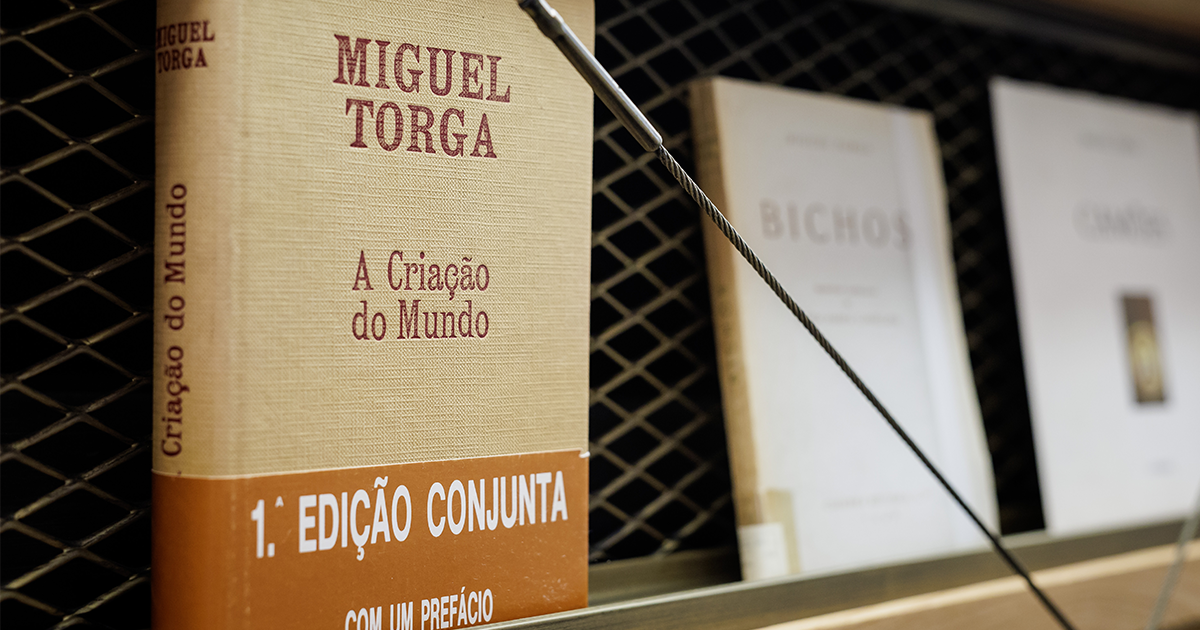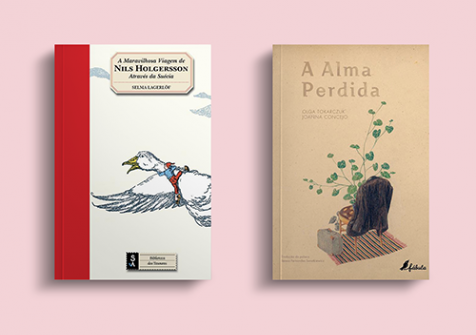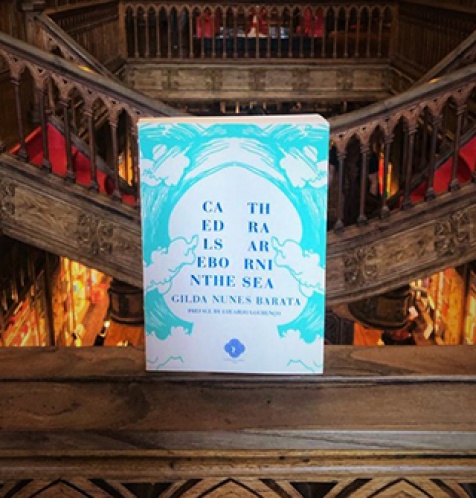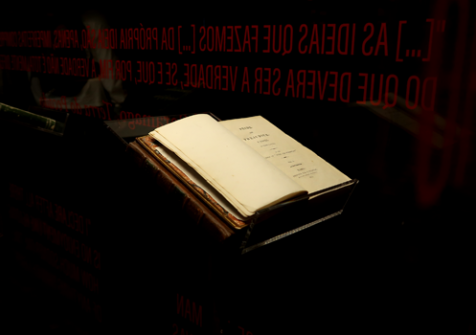Miguel Torga: An anti-regime writer protected by Salazar's publisher

A publishing house founded by Salazar publishing anti-regime books? It seems impossible, but it happened. Discover how the stories of Miguel Torga, the most censored writer during Estado Novo, marked the history of Coimbra Editora.
The calendar marked August 12th, 1907, when Adolfo Correia da Rocha, better known by the literary pseudonym Miguel Torga, was born. Miguel in homage to the Migueis, Cervantes and Unamuno, with whom he identified. Torga as an ode to the heather-covered (called Torgas in Portuguese) mountains of Trás-os-Montes, where he grew up and to which he always returned. He graduated as a doctor after returning from Brazil and, during his career, wrote poetry, novels, and theater. He won several literary prizes, including Prémio Camões, in 1989, and was nominated several times for the Nobel Prize in Literature. He died at 87, in Coimbra.
Also in August, but in 1920, a group of intellectuals from Coimbra University decided, with the help of two experienced booksellers and masters in the art of printing, to form a society committed to the cultural development of the country. It was the beginning of Coimbra Editora, a publishing house that would later become a reference in national academic literature, especially in the areas of law and literature.
In the group of founders of this publishing house, one name stands out: António de Oliveira Salazar. The Portuguese nationalist dictator, who graduated in law and economics in Coimbra, was called to assume the finance ministry two years after the military takeover in 1926. He became president of the council of ministers in 1932 and, the following year, approved a new constitution that gave him dictatorial powers and initiated the Estado Novo.
During the 40 years of this regime, Coimbra Editora was, without much surprise, one of the publishers of the Estado Novo, editing, publishing and distributing propaganda works for the regime. However, while it printed books by the leader of the government himself, António Salazar, its machines also printed the works of the writer who was the most censored by the regime.
A writer persecuted by the Estado Novo
Miguel Torga was a strong critic of the Estado Novo. He saw 13 of his books punished by the censorship 'blue pencil', was arrested in the 1930s, and had his personal life scrutinized, not only by Polícia Internacional de Defesa do Estado (PIDE) but also by Comissão de Censura. From violations of his correspondence, records of his travels and meetings with friends, and even notes on his income as a doctor, it's all documented in detail in the PIDE files deposited in Arquivo Nacional da Torre do Tombo.
Although he was, for many years, the publisher of his own books, the writer from Trás-os-Montes had the complicity, among others, of Coimbra Editora. Despite being perceived as a pro-regime publisher, Coimbra Editora was one of the houses that hid and protected Torga's publications, preventing them from being seized and destroyed by PIDE.
Coimbra Editora's literary estate at Livraria Lello
In the literary estate of Coimbra Editora that Livraria Lello bought in 2020, various works by Miguel Torga were found, including first editions, which prove the clandestine activity of this historic publisher during the Estado Novo dictatorship. Bichos, A Criação do Mundo, Vindima, Os Novos Contos da Montanha and Rua are some of the books that, despite being banned by PIDE, were distributed with the publisher's stamp. These books by Miguel Torga, as well as publications by António Salazar and Marcelo Caetano and works by Vergílio Ferreira and Eugénio de Andrade, are on display at GEMMA, in a space that Livraria Lello has dedicated to preserving the historical heritage of the publisher that closed its doors the year it celebrated 100 years of existence.


.jpg)

